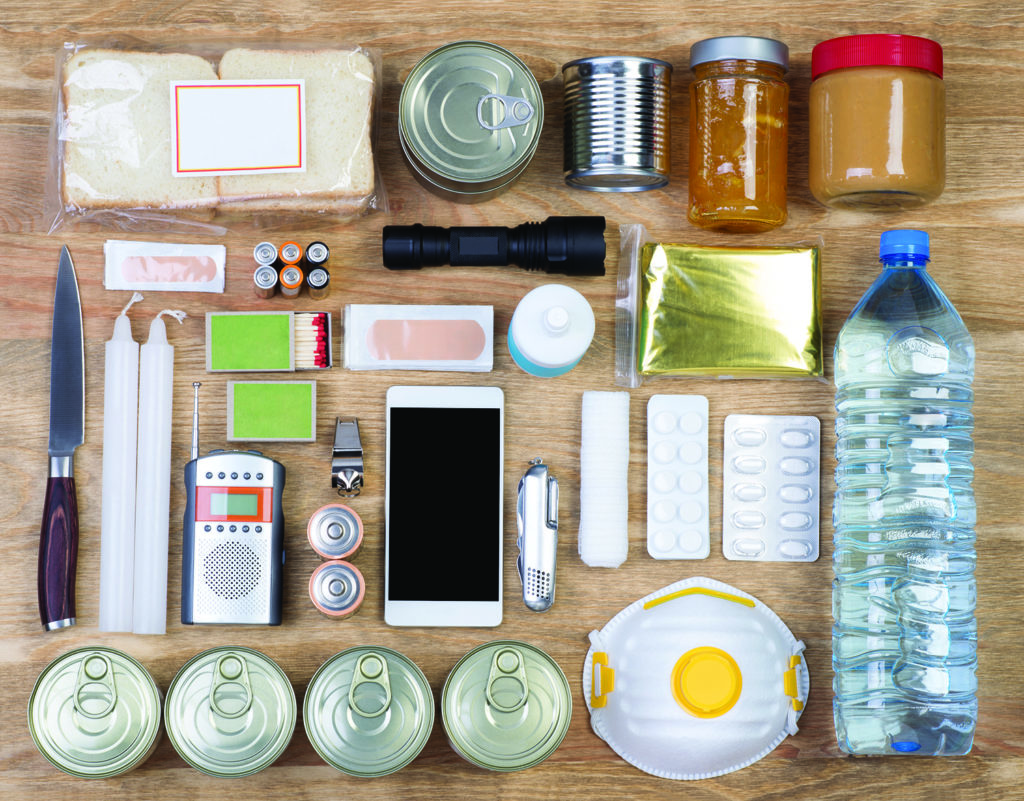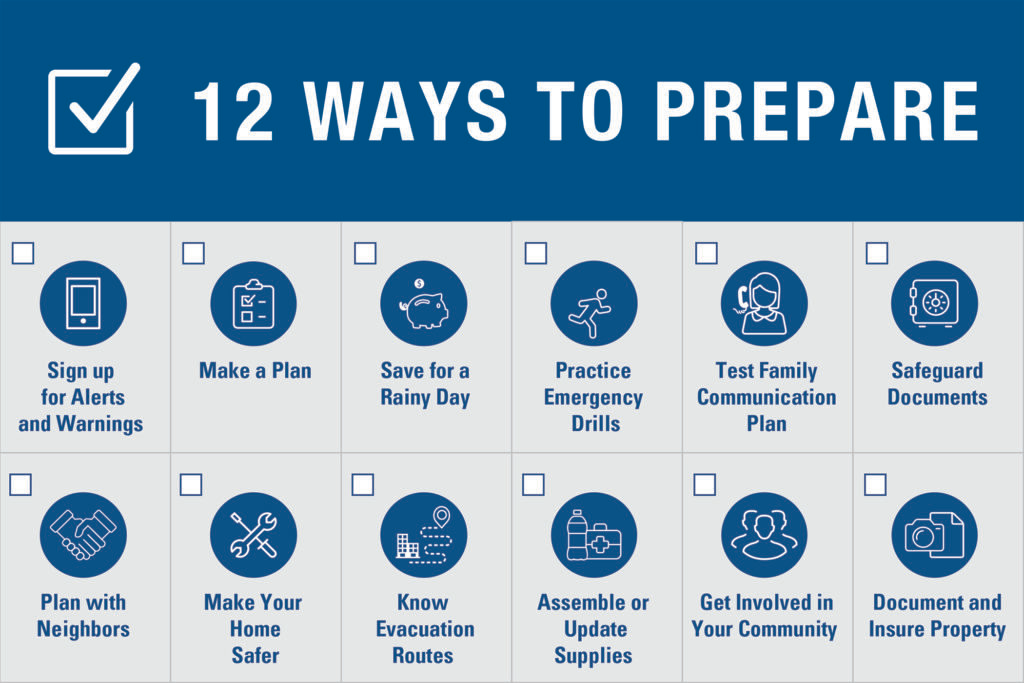By Derrill Holly

Families always need to be prepared for emergencies, and ongoing concerns triggered by the COVID-19 pandemic have prompted several new recommendations for evacuation planning, emergency supply kits and community shelter operations.
“We did a lot of work in 2020 to update our guidance for hurricanes, wildfires and other natural disasters to include COVID-19 guidance,” said Capt. Renee Funk, DVM of the Centers for Disease Control and Prevention (CDC).
According to the U.S. Public Health Service veterinarian, many of the precautions and revisions implemented as part of the pandemic response are expected to be among the CDC’s recommendations in place for 2021. Some are likely to remain in place permanently.
Funk, who serves as the CDC’s associate director of emergency management, said personal protective gear, hygiene items and cleaning products are among the most prominent additions to every family’s emergency supply preparation lists.
“We recommended a hand sanitizer that’s at least 60% alcohol, disinfectant wipes and two masks for each person,” said Funk. “Those things should be considered permanently added to your go kit, and you need to regularly check for expiration dates for these products.”
Funk recommends that those items be included in both personal go kits and in the family’s cache of emergency supplies. She also suggests that when you review the expiration dates of perishables, like canned goods, other foods and medications, you also replace any cleaning items or protective gear that might also be out-of-date.
The CDC is stressing the importance of early preparation. Checking and updating supplies before they are needed can prevent the need for shopping trips during the runup to threatening storms or other emergencies. If shopping excursions are needed, officials recommend that a limited number—one or two people, considered low risk—be designated to make all necessary shopping runs.
Fresh approaches to community shelters implemented and refined in 2020 are also expected to remain in place indefinitely. Instead of large, centralized shelters in schools or other community buildings, the CDC, the Federal Emergency Management Agency (FEMA) and their state and community partners have turned to dispersed sheltering, which is more conducive to social distancing.
“That means putting more people into hotel rooms, instead of into group or congregate shelters,” said Funk. “It costs a lot more money for FEMA to pay for all those hotel rooms, but American Red Cross generally coordinates sheltering, and they shifted really well.”
Last year, Red Cross developed and deployed smart phone apps that helped keep track of shelter evacuees, allowing them to advise shelter coordinators about health concerns, shelter conditions and other issues.
Remember, in the event of any emergency or natural disaster, you’ll want to be prepared to shelter in place for several days if necessary. FEMA recommends having an emergency kit stocked with all important supplies in one or two containers that are easy to access. Visit ready.gov/kit for a full checklist of disaster kit items and additional recommendations.
While we certainly hope disaster doesn’t strike, it’s never a bad idea to be prepared. Spring and summer often bring severe storms, so now is the time to make a kit, make a plan and stay informed. That’s the best way to care for yourself and your family.

Derrill Holly writes on consumer and cooperative affairs for the National Rural Electric Cooperative Association, the national trade association representing more than 900 local electric cooperatives. From growing suburbs to remote farming communities, electric co-ops serve as engines of economic development for 42 million Americans across 56% of the nation’s landscape.




